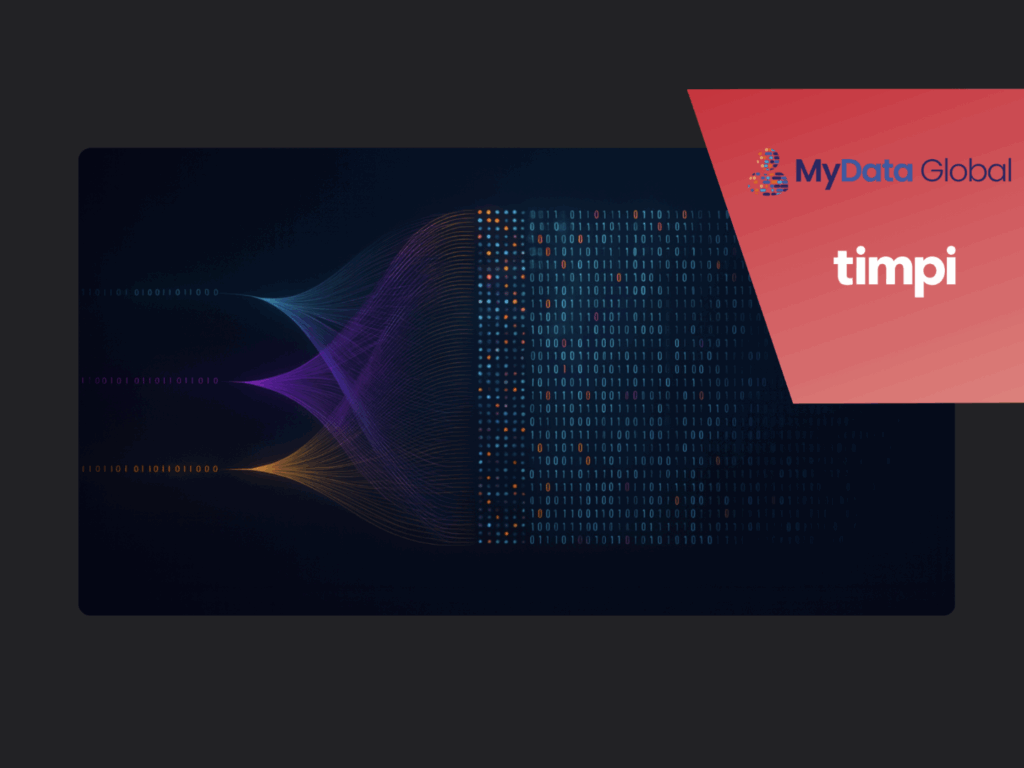In the MyData Matters blog series, MyData members introduce innovative solutions that align with MyData principles, emphasising ethical data practices, user and business empowerment, and privacy.
A decentralised web index is people‑first infrastructure. It lets us discover information and build new services, without turning individuals into profiles, advancing MyData’s vision of human-centric control, transparency, and open ecosystems.
Why now
Most of the world’s web searches flow through a very small number of companies. Google accounts for roughly 89–90% of global search across devices; Bing sits around 4% overall (though closer to 11% on desktop). On top of this, many of the smaller, independent search engines rely on aggregated data from the Bing Search API. This level of concentration means the rules of discovery are effectively set by a few platforms.
At the same time, policymakers are pushing for fairer access to data. The EU Data Act aims to make data more accessible and usable while ensuring a fair distribution of value across the economy. The OECD likewise calls for responsible access and sharing, balancing openness with strong safeguards. Together, these efforts point to a more open, trustworthy data environment where decentralised discovery layers can thrive.
Why Timpi Stands Apart
At Timpi, we believe access to unfiltered internet information is your immutable right. We break down big tech barriers and commercial filters by allowing you to directly tap into the largest dataset in the world.
Our search engine and data API are powered by a network of people like you.
- Private: No tracking. No profiling. Ever.
- Unfiltered Access: Free from filters, manipulation, or hidden agendas.
- Relevant: We rank what matters, not who pays
What a decentralised index looks like in practice
Timpi’s approach is simple to explain: a community of nodes collaboratively crawls and indexes the web, so no single organisation controls what is discoverable. When people search, results are delivered without tracking or profiling, and there are no pay‑to‑play mechanisms in the search results. The same privacy‑first corpus is available to builders through a Data API. In short: people keep their privacy; developers get dependable building blocks; and the web gains a more resilient, plural discovery layer.
Timpi made the MyData principles concrete
- Human‑centric control. Private search, no tracking, no profiling, no data selling. These reduce power imbalances and give individuals real agency over how their data is used.
- Transparency & accountability. A clear, documented process for how content is indexed and how results are served helps organisations and individuals understand what’s happening under the hood.
- Open ecosystems & portability. An open discovery layer and Data API support interoperability and reduce dependency on any single gatekeeper, aligning with MyData’s vision for a fair and sustainable digital society.
A short example
Consider a national AI‑safety authority training a model to spot unsafe medical or financial claims in online adverts. Using the decentralised index and the Data API, the team compiles a transparent training set from publicly available pages — not customer accounts and not personal profiles. Because the sources and inclusion rules are published, the dataset can be audited and reproduced, aligning with the EU AI Act’s direction that providers of general‑purpose AI publish a “sufficiently detailed summary” of their training content. Unlike training on proprietary, black‑box indexes, where many model developers do not disclose their training data, this approach gives regulators and the public a traceable path from inputs to outcomes.
Where Timpi fits
Timpi is building a people‑first discovery layer: a decentralised web index run by the community, private by design, and accessible to developers who want to create new services that respect users. It’s a practical way to turn human‑centric principles into everyday tools.
Learn more about Timpi and join the Search Beta Waitlist at timpi.io.

